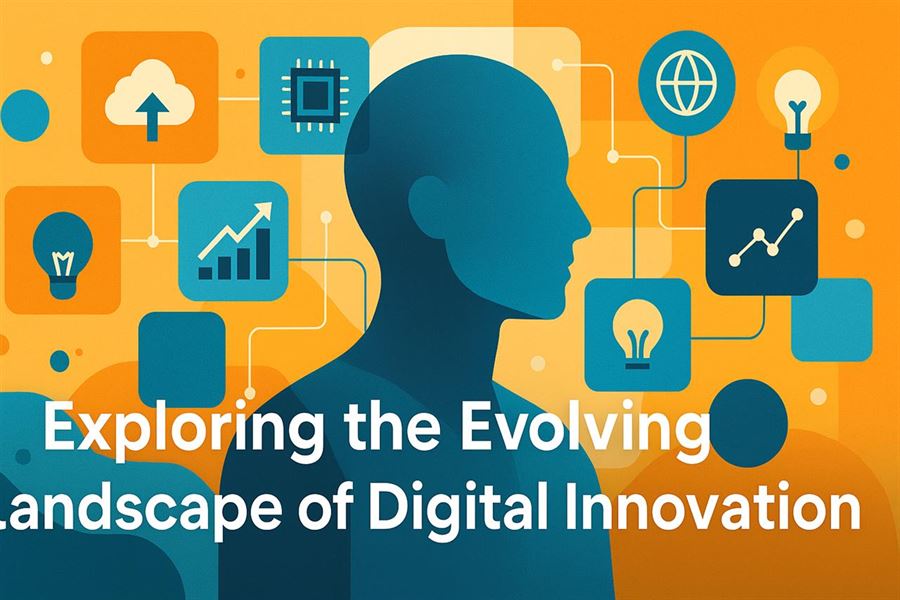Exploring the evolving landscape of digital innovation

In today's fast-paced world, digital innovation plays a pivotal role in shaping the economy, transforming industries, and redefining the way we live and work. As organizations across the globe strive to remain competitive, investing in emerging technologies and adapting to digital trends becomes essential. Companies and individuals seeking to stay ahead of the curve should consider learning more about digital transformation strategies that are driving success in various sectors.
What is Digital Innovation?
Digital innovation refers to the application of digital technology to improve processes, create new products or services, enhance customer experiences, and drive business performance. It involves a shift in how organizations operate, often requiring changes in mindset, structure, and culture. From cloud computing to artificial intelligence, digital innovation enables businesses to unlock new levels of efficiency and competitiveness.
Key Components of Digital Innovation
- Cloud Technology: Provides scalable and flexible IT resources, helping businesses operate more efficiently and cost-effectively.
- Big Data and Analytics: Allow organizations to make data-driven decisions and gain insights into customer behavior.
- Artificial Intelligence and Machine Learning: Help automate processes, improve accuracy, and enable predictive capabilities.
- Internet of Things (IoT): Connects devices and systems to collect and exchange data, promoting smarter operations.
- Blockchain: Offers secure and transparent record-keeping, which is valuable in sectors like finance and supply chain management.
The Role of Innovation in Business Success
Organizations that prioritize digital innovation gain a considerable advantage over those that resist change. A robust innovation strategy leads to improved customer satisfaction, streamlined operations, and increased profitability. Moreover, businesses that embrace digital tools are better equipped to adapt to crises and evolving market demands.
Enhancing Customer Experience
Customers now expect seamless digital interactions. Through technologies like chatbots, personalization engines, and mobile apps, companies can deliver highly tailored and responsive experiences. This not only boosts customer retention but also increases brand loyalty.
Operational Efficiency
Digital solutions reduce manual tasks, minimize errors, and accelerate processes across departments. Automation and analytics tools provide managers with real-time insights, facilitating better decision-making and resource allocation.
Challenges and Considerations
While digital innovation offers numerous benefits, it does come with its challenges. These include data privacy concerns, cybersecurity threats, and resistance to change within organizations. Additionally, integrating legacy systems with new technologies can be complex and resource-intensive.
Overcoming Barriers to Innovation
Organizations must foster a culture that encourages experimentation and learning. Providing adequate employee training, investing in secure infrastructures, and developing a clear digital roadmap are essential for successful digital transformation. Collaboration between IT and business teams also plays a key role in bridging any gaps and ensuring alignment with strategic goals.
The Future of Digital Innovation
The future promises even more rapid advancements. Emerging technologies such as 5G, quantum computing, and augmented reality are poised to revolutionize communication, computation, and engagement. Businesses that stay informed and agile will have a significant edge in capitalizing on future opportunities.
Conclusion
Digital innovation is no longer a luxury but a necessity for businesses that aim to thrive in an increasingly digital world. By understanding the technologies at their disposal and strategically leveraging them, organizations can unlock significant value and maintain a competitive position in the marketplace. Exploring options like digital transformation strategies is a critical step toward achieving enduring success.